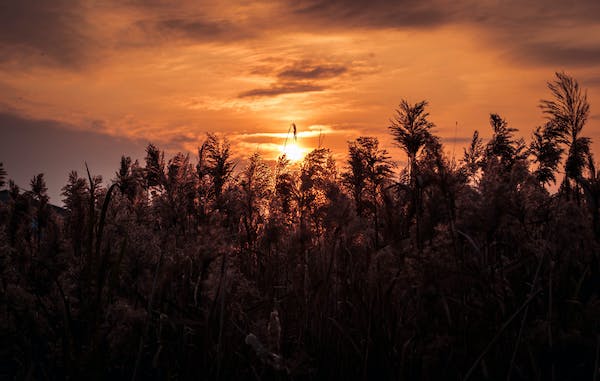
This is the first paragraph in Frank Bruni’s book The Beauty of Dusk:
They say that death comes like a thief in the night. Lesser vandals have the same MO. The affliction that stole my vision, or at least a big chunk of it, did so as I slept. I went to bed seeing the world one way. I woke up seeing it another.
During that fateful night, Bruni suffered a stroke that cut off the blood supply to one of his optic nerves, severely damaging the sight in that eye. The medical term for his condition was NAION. It is very rare. He soon learned that people with NAION do not get better. And worse yet, they had a 40% chance of losing the sight in their other eye. Bruni was 52. He had been a prominent journalist for over thirty years, including twenty-five years at The New York Times. It is easy to see the irony and even cruelty of his situation. Here he was: an accomplished journalist, a best-selling author, a voracious reader, a world traveler, and he was on the verge of losing his sight.
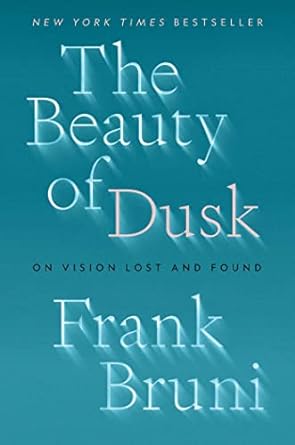
In refreshingly crisp prose, Bruni takes the reader through the specifics of his ordeal. But the book is so much more than an account of his personal trauma. It is the story of human resiliency against incredible odds–not merely Bruni’s resiliency, but the resiliency of dozens of other individuals whose stories he masterfully narrates.
The subtitle of Bruni’s book is On Vision Lost and Found. He describes how his “vision” of life was changed by this event: “I went to bed believing I was more or less in control of life.” He had assumed that failures and disappointments could be “redeemed with a fierce enough effort.” He woke up to “how ludicrous that was.” He went to bed “with more grievances than (he) could count. He woke up to more gratitude than (he) could measure.” He writes,”My story is one of loss. It’s also one of gain.”
Being a nun, I was especially drawn to chapter four entitled “Flying Solo.” It’s in this chapter that Bruni speaks of God. Sort of. Bruni acknowledges he is an agnostic. But, he says, “I’ve never been able to say that I don’t believe in God, at least God in the sense of an organizing principle to things, a transcendent spirit, a code of conduct to which we are all called, a good and pure voice that’s both within and without us. If that all sounds like gobbledygook, well, my God is gobbledygook, almost by necessity. How could anything so omniscient and ambient not be?” His words sound amazingly similar to those of Christian, Jewish, and Muslim mystics when they are trying to describe their own experiences of the Divine.
During this time, Bruni does something “out of character.” He begins to pray, not even sure to what or to whom he was praying: “To the universe? To the serenest place inside of me? To my better angels which weren’t crowned with halos but cloaked in prudence, humility, hope?” I also appreciated his title of chapter five: “Hope Is Gnarly and Evergreen.” That’s one of the best descriptions of hope I’ve come across!
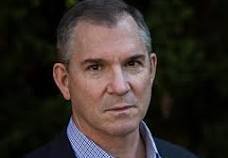
Bruni’s efforts to deal with his own sufferings, impelled him to formulate a theory. Maybe, he says, we all should wear sandwich boards listing some of the hardships we are bearing, hardships often “cloaked in the camouflage of normalcy.” He suggests a few inscriptions, some of them for the individuals he writes about in his book: “Cysts on my spine that produce constant pain. No end in sight.” “Lost a leg in small plane crash. I was the pilot. My only passenger was killed. He was my 8-year-old son. “Frequent migraines.” “Crushing infertility.” “Constant thoughts of suicide.” “Bike accident. Face shredded. Twenty surgeries. Can’t feel a kiss.” Bruni, the first openly gay columnist for the Times, imagines what the sandwich board might say for the college student he met who was disowned by his parents when he told them he was gay: “Parents’ love was conditional, ran afoul of the conditions.” Maybe such knowledge of peoples’ hardships would elicit greater compassion from all of us.
Bruni’s book is a treasure trove of wisdom gleaned from misfortune and suffering. Here are a few sentences that really spoke to me:
“If hope is a thing with feathers, envy is a thing with tentacles.”
Sight is the “unrivaled monarch of the senses.”
“Life is about adjusting to loss.”
“Putting off experiences often means not having them.”
Chapter 11 is entitled “The Trick Behind All Other Tricks.” That trick for dealing with hardship is perspective. Bruni lists the three overlapping pillars of perspective: 1) “put what you’re going through in context” 2) “recast limits, which aren’t merely limits,” and 3) “reconceptualize loss, the arithmetic of which isn’t a simple act of subtraction.”
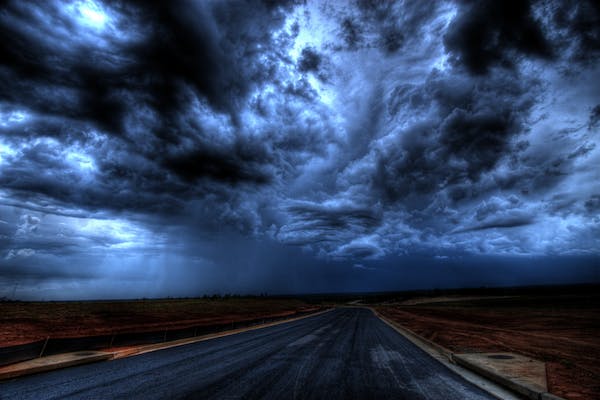
One of my favorite parts of the book was Bruni’s interaction with his dog, Regan. This little pooch teaches Bruni many lessons–such as “attentiveness, openness, and humility.” She also teaches him “that something ordinary could be extraordinary. Without therapy or thought, Regan reveled in being alive. That helped me do the same.”
If you’re looking for a book that can help you “revel in being alive,” then Bruni’s book is for you!

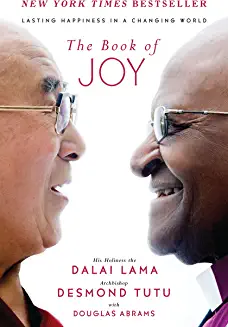
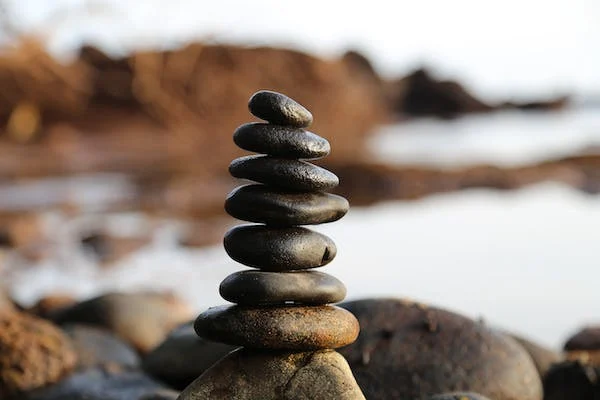
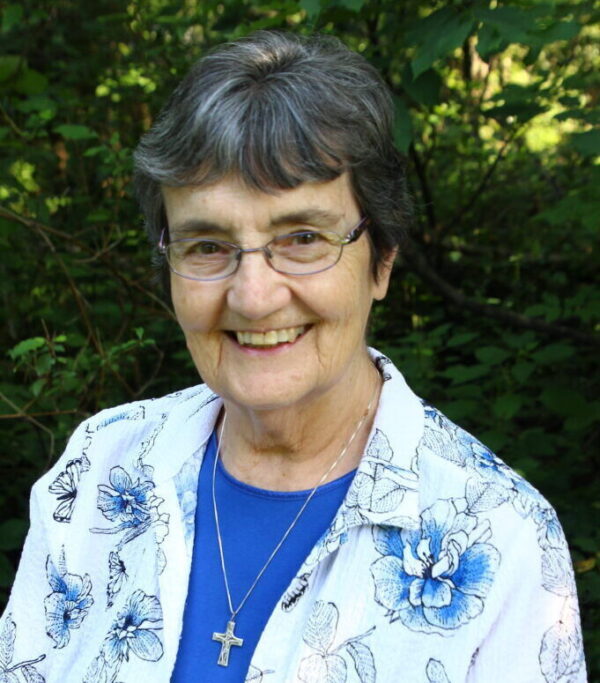

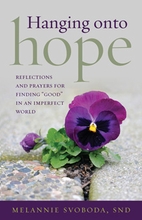

9 Responses
I was so excited as I received an email today about your Sunflower blog, which means I will start getting it again. But there was nothing there, so once again I searched for your blog. So hope I will begin to get them via email.
Sounds like a beautiful book!
I LOVE the blog makeover! I know it was a long time in coming; and it turned out great! The visuals on your homepage really pop. Congratulations to you and all who worked on it! Should we resubscribe?
I also love your reflection for the week. So many meaningful insights to ruminate on. And another book to add to my TBR list.
I am grateful for all you share with me and the rest of your Sunflower Seeds family.
So grateful for Sunflower Seeds! The reflections are inspirational and very encouraging as we journey through life. You help us to remember God’s faithfulness and providential care. Romans 8:28 God promises to work all things for our good!
The sandwich board idea resonates with me. I recently learned something about a 43 year-old woman, a Facebook friend. Thirty years ago, when she was 13, her mother passed away. I taught her. I had no idea what she was going through. And I began to think of all the young men and women who sat in front of me in my career of fifty years, what they may have been going through. And I had no idea. When we see someone in a wheelchair, or using crutches, or with an arm in a cast, it’s pretty easy to see what their struggle is. Not so much with the other burdens they may be carrying. Yes, kindness and compassion, because we have no idea.
Please check to see if I might now receive Sunflower Seeds by email. The site says my email address already exists! Well, it hasn’t changed but I have never received it by email. Please help.
I think most people would agree with Bruni’s quote, “Sight is the unraveled monarch of the senses “!
Sr Melanie- I love your weekly posts and this one is especially meaningful to me. My brother passed away this past week so I’m experiencing so many of the thoughts expressed in this post. What a journey we are all on and such a gift with all its trials and tribulations. So many wise thoughts in this post. I will look for this book. I loved reading Sr Mary Lou Kownacki’s posts and I find your posts just as welcome. Thank you.
Jane
PS: love the new blog format – so user friendly
I really enjoyed this post and Mr. Bruni’s reflections. 25 years ago I got a life-changing diagnosis. It is manageable but it made me appreciate how much worse things could be. I’m an optimist by nature so I look at what I “can” do and don’t dwell on the “can’ts”.